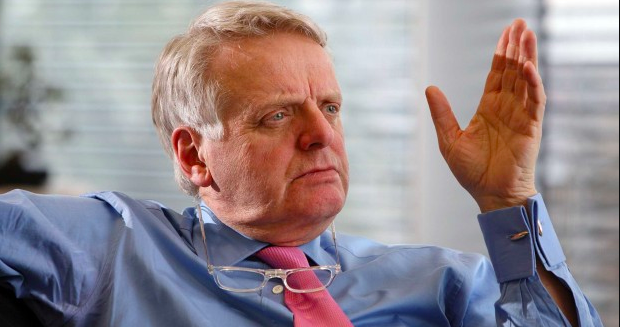The House of Lords Select Committee, researching the Social and Economic Impact of the Gambling Industry’ on UK society, heard damning insights from four former addicts shedding their personal experiences with gambling.
Established in July and led by Lord Michael Grade of Yarmouth, the Select Committee has been commissioned to sanction a report on the cost of gambling on UK society, assessing new insights from all critical stakeholders impacting the future regulatory development of the gambling sector.
This week, Lord Grade chaired a panel of four former addicts, who detailed their ‘personal journeys towards problem gambling’, highlighting multiple failed systems protecting vulnerable consumers.
The Committee would undertake a deep examination of the panel’s ability to access quick loans funding their gambling habits, as the addicts detailed that they could secure instant cash, despite all of them having shown transactional histories as ‘payday gamblers’.
The panel would be questioned on how they could ‘get around systems’ to feed their gambling habits, but replied that verification by financial institutions had been limited with no through referencing.
One panellist was able to take multiple loans on his phone, simply referencing his job as a police officer. Meanwhile a female panellist stated that ‘only one of the nine companies did an affordability check, and that was after spending £440,000’.
An addict with a criminal past stated that in 2015, he was required to provide ‘source of funds’ verifications for the first time having gambled a total £1.8 million.
The Committee would question the panel on their ability to self-exclude, in which the addicts responded that the UK’s GamStop scheme offered no permanent ‘lifetime’ exclusion criteria’.
In the hearing, the panellists would be critical of the UK Gambling Commission for its lack accountability and oversight in moderating interactions between problem gamblers and UK operators.
A panellist with criminal convictions said he had written to the regulator confessing that he had stolen £1.8m – but was told that he could not be helped as had moved abroad to escape his troubles.
“Surely the Gambling Commission should have shared that with all the other operators, and then maybe more damage would not have been done,” he said. “I do not hold them fully accountable, but I should not be able to outsmart an operator.”
He continued: “If you complain to the Gambling Commission, you think there will be some accountability – but there is not, so you complain to an operator and there is rarely accountability from them.




















